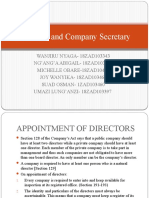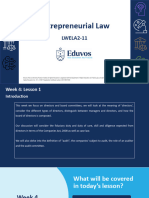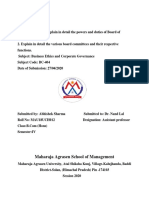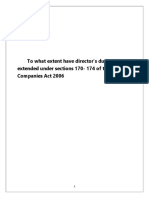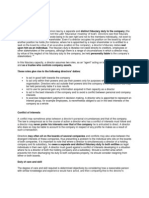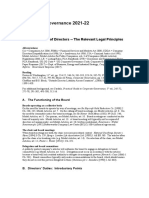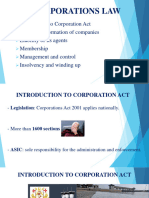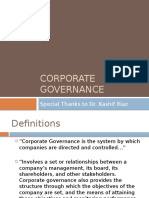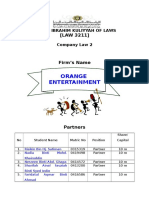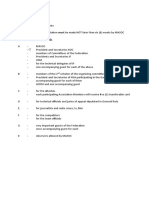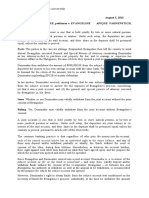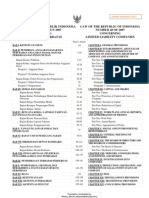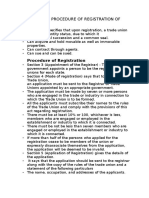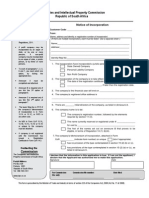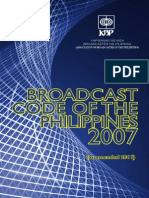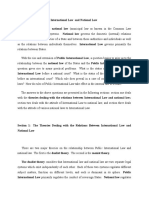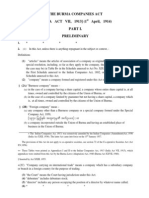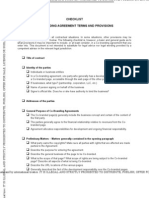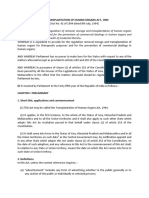COMPANY LAW 2
Allocation
Tentative Date
Topic
Marks
Test 1
18 Jan 2007
Winding up
only
15
Test 2
PBL
Lecture hours
15
20
FINALE FOR COMPANY LAW 2
Directors
Winding up
Partnership
2 questions
No question
4 questions
One compulsory question
One compulsory question
TUTORIAL
Most common law jurisdictions divide the corporate constitution into two separate
documents:
The Memorandum of Association (in some countries referred to as the
Articles of Incorporation) is the primary document, and will generally
regulate the company's activities with the outside world, such as the
company's objects and powers.
The Articles of Association (in some countries referred to as the by-laws)
is the secondary document, and will generally regulate the company's
internal affairs and management, such as procedures for board meetings,
dividend entitlements etc.
A corporation or body corporate is a legal person created and recognised by
the law. In this respect it is an artificial legal person as opposed to individuals who are
known as natural persons.
What are consequences of treating the company as a separate legal entity?
The effect of incorporation is set out in Section 16 (5) of the Companies Act
1965. On and from the date of incorporation specified in the certificate of
incorporation, the subscribers to the company's memorandum, together with any other
people who from time to time become members of the company, are a body corporate.
That body corporate is capable of exercising all the functions of an incorporated
company; it can sue and be sued, has perpetual (unending) succession and a
common seal and has power to hold land. Liability on the part of the members to
contribute to the assets of the company in the event of its being wound up is as
provided by the Companies Act.
�DIRECTOR'S DUTIES
Generally, the duties of the directors will be divided into 2 major categories,
a. Statutory duty
What is stated by law or imposed by law.
What Companies Act 1965 says?
Any breach of duty action will be taken by Registrar of
Company (CCM).
Section 131 ~ Disclosure to the Board of Director (BOD)
Section 132 ~ Due diligence
Section 133 ~ Financial assistant
Section 135 ~ Disclosure must be in writing
b. Common law duty.
Fiduciary duty
o
Duty to act bona fide in the interest of the company as a
whole.
o
Duty to act or exercise power fort proper purpose
o
Conflict of interest [no profit rule & No conflict rule]
Skill, Care and Diligence
Any breach of duty action will be taken by the company
itself.
In most jurisdictions, directors owe strict duties of good faith and loyalty, as well as
duties of care and skill, to safeguard the interests of the company and the members.
Loyalty & good faith
- Retain discretion
- Avoid conflict of interest
o No profit rule
o No conflict rule
- Act in good faith/bona fide
- Act in proper purpose
Care & diligence
- Reasonable care & diligence
The standard of skill and care that a director
owes is usually described as acquiring and
maintaining sufficient knowledge and understanding
of the company's business to enable him to properly
discharge his duties.
Directors also owe strict duties not to permit
any conflict of interest or conflict with their duty to
act in the best interests of the company. The rule is so
strictly enforced that, even where the conflict of
interest or conflict of duty is purely hypothetical, the
2
�directors can be forced to disgorge all personal gains
arising from it.
Relevant sections under the Companies Act, 1965.
Section 131, 134, 135
~ Disclosure to the Board of
Section 133, 133A
~ Prohibition of loan
Section 132A, 132B, 132(2) ~ Duty not to misuse info of the
Director (BOD)
company
Section 132 C, 132 E
~ Substantial property transaction
Section 132 (1)
~ Good faith best interest
Section 303, 304
~ Proper account fraudulent
proper purpose
transaction









